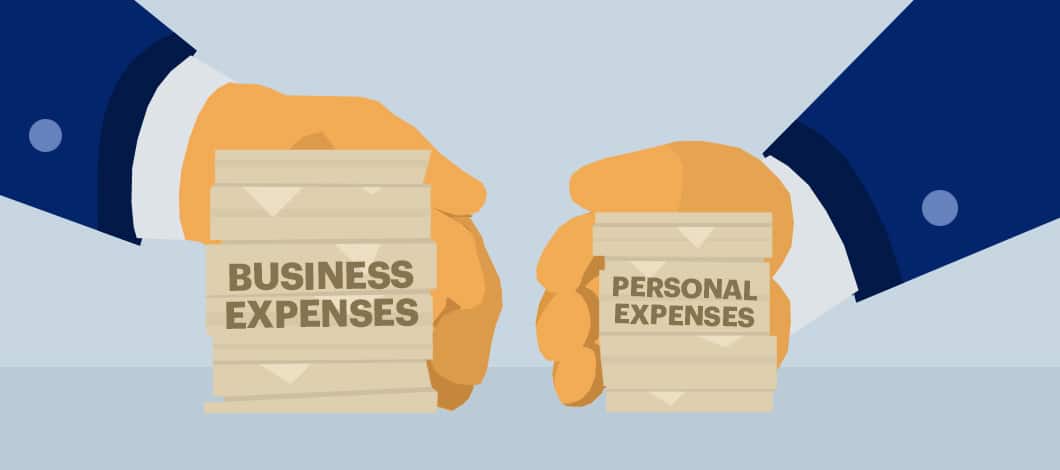Your personal assets can be used to cover business debts in some situations. This mainly affects sole proprietors and partnerships without liability protection. You can also fall victim if you are guaranteed a business loan or contract using personal property.
Your newly renovated home can fall under business liability in special circumstances. For instance, renovations to add a home office blur the line between personal and business property. Regardless of the nature of the situation, it is unpleasant and embarrassing to homeowners. Having to relinquish your recently renovated home because of a business debt isn’t pleasing. Fortunately, you can protect your home with the following tips.
1. Separate Business and Personal Finances
The first step to freeing your personal property from business liability is ensuring you separate the two. Maintain different financial accounts for your business and personal funds. Using a single account allows creditors access to your savings and investments.
Keeping personal and business finances separate also gives you financial clarity. Running different accounts helps to simplify bookkeeping and accounting processes. You can easily track income and expenses, and monitor the financial health of your business.
You should also separate these accounts for professionalism. Clients, suppliers, and potential partners will take your business seriously and confidently. Even if you are the sole proprietor of the business, have a formal process of paying yourself from the business.
2. Form an Entity
Running your business as a separate entity also helps protect personal assets. Most investors form a legal entity to shield their assets (such as their primary residence) from business liability. Creating an entity should be high up on your to-do list, as protecting assets after a lawsuit is filed and your creditors take legal action is nearly impossible without an established entity prior to the legal challenge.
The entity should have a clear ownership and management structure. This includes establishing roles and responsibilities of directors, owners, and other employees. Depending on the nature of your business, choose between a limited liability company and corporation for their tax benefits.
3. Take an Insurance
Having insurance helps manage business liability and protect your assets. Several insurance policies provide financial protection against business liabilities resulting from accidents or injuries that occur during business operations. Without sufficient coverage, lawsuits and legal claims on your business can drown your business financially.
Insurance also helps mitigate the risks associated with business operations. Transferring your business risks to insurance providers ensures business continuity even after a crisis. Some risks and accidents are costly and can significantly affect your business’s bottom line.
That aside, some insurance policies are a requirement in most jurisdictions. For instance, having a worker’s compensation policy is a must in most states. It covers employees’ medical costs and wages if they suffer work-related injuries. Generally, insurance coverage gives you peace of mind when running your business. You’ll be sure of a safety net that cautions your finances in case of unforeseen circumstances.
Endnote
Many people have lost their assets to business liabilities. You should keep your personal and business assets separate to avoid shared liabilities. Keeping your properties and business assets separate shields your assets from business debts and legal obligations. It also maintains clarity in your financial affairs, making it easier to manage your business financial and legal requirements.











